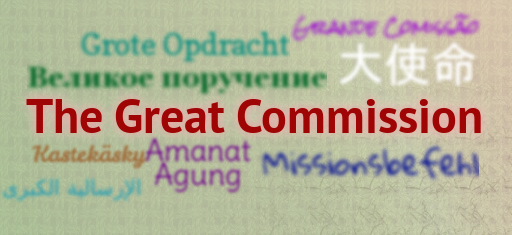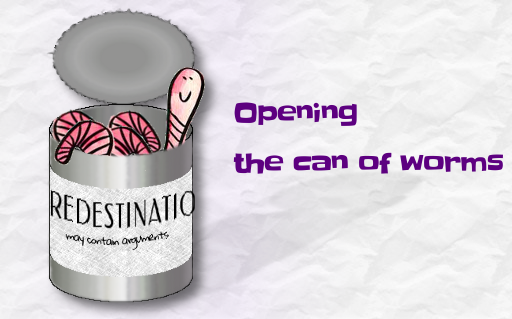I find it difficult to understand the word “nation”. The modern world seems to have turned to the individual, rather than the nation, as its cornerstone. It doesn’t help that the way nations are talked about in the Bible shift from a specific group of people, circumscribed geographically, to a much larger meaning, referring to all of God’s people.
Image credit: Suttonhoo reused under CC license
This makes it harder to find talk about nations relevant. It seems distant. When we talk of other nations, we translate it directly into “other countries”, other states, geographically distant, and therefore not tangible, not real to us. How we react to our own country depends heavily on which country we consider as ours.
So I have a tendency to overlook those bits. A tendency to not let those words sink in.
But the malleability of the word “nation” through the Bible makes me think that we should, perhaps, modernise our understanding of it, turning it towards, for once, the individual. Not to celebrate the individual, but to let that individual be transformed through and through.
So now, when I see the word nation, and when it makes sense to do so, I think of the different “nations” within me – of the different parts of my identity which may not all be yet under God, and I take the Great Commission also inwardly: to make disciples of all the nations in me. Re-reading the Psalms under that new light can be challenging (118 in particular).





